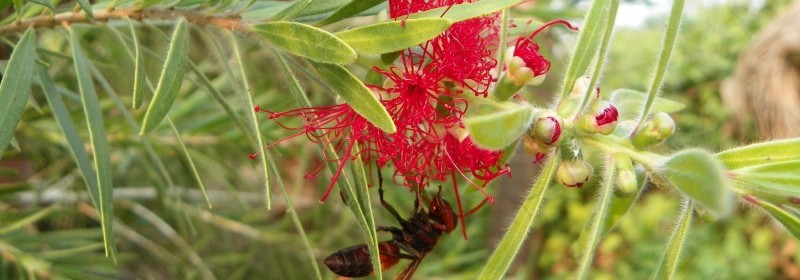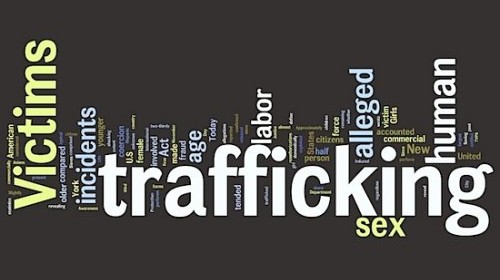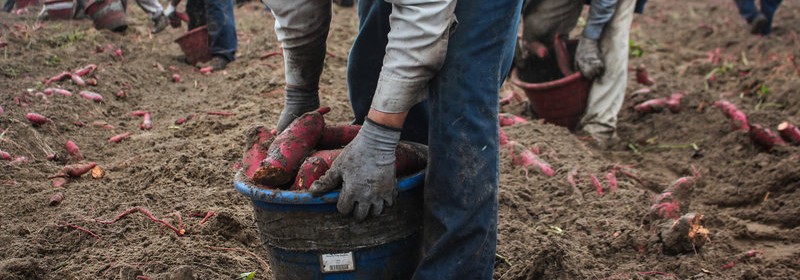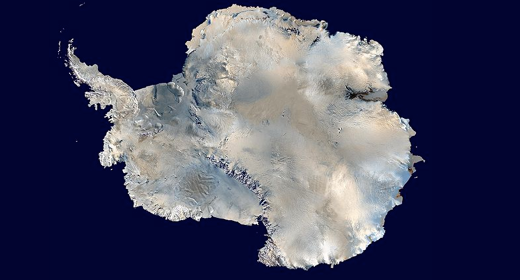Climate change is killing off Bees In India

Climate change is killing off Bees In India. A lethal combination of climate change and human interference is helping to wipe out colonies of the giant honeybees on which many plants and trees in India depend for their survival. The precise cause of colony collapse disorder (CCD) is not known, but researchers say that the loss of the bees will […]
Read more








